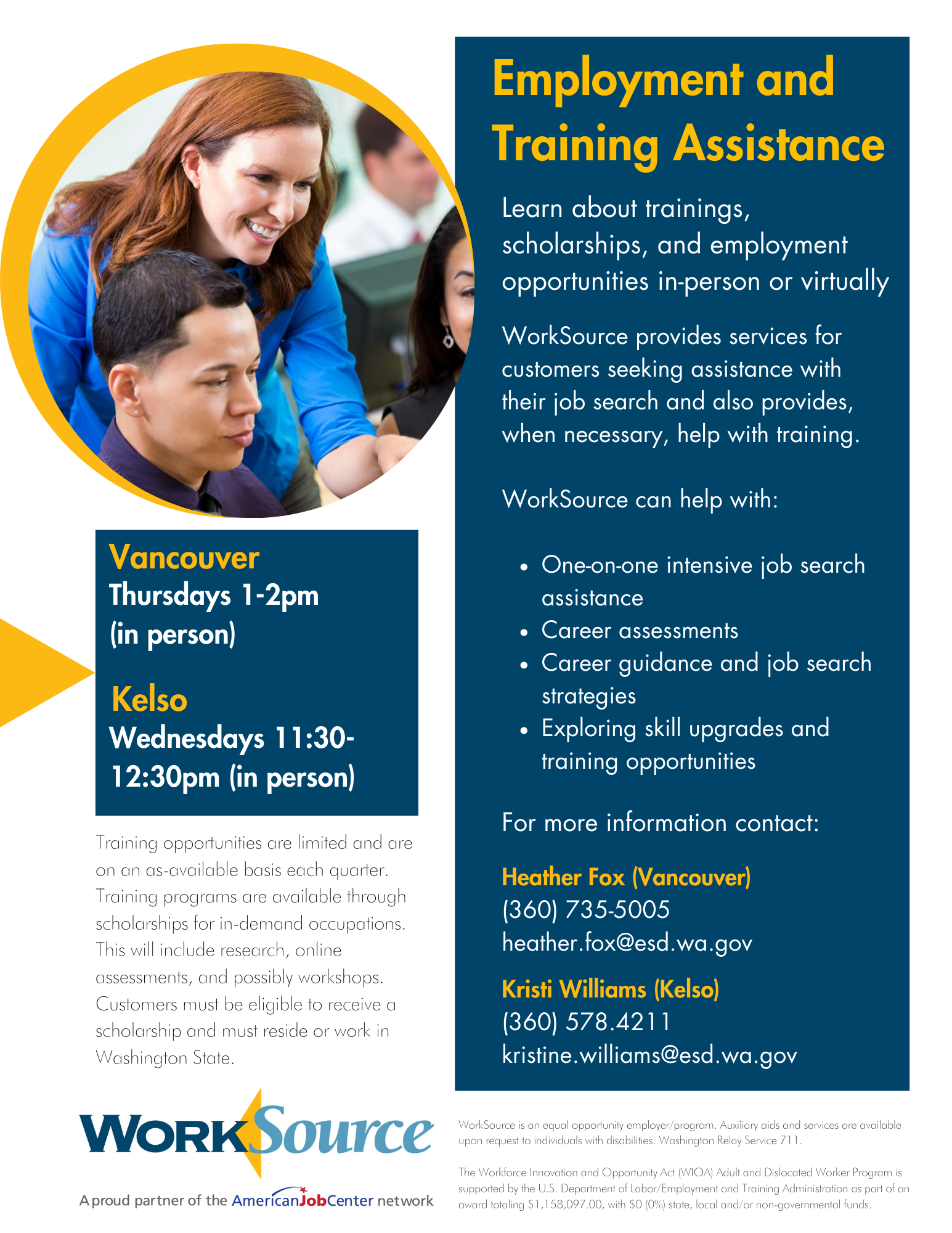Raul Barasa was lost and directionless, in and out of prison. Then, he made a very important decision.
Everybody knows Raul in the WorkSource office. He visits from time to time, approaching his old case managers with warmth, appreciation, and an infectious smile. But Raul is no longer a WorkSource customer. In his time between visits, he’s become something much bigger—a symbol.
Simply put: Raul is the reason we do what we do. He overcame insurmountable odds, put in the work, followed through, and came out the other side triumphant. And today? You can find the fruits of his labor at Chico’s Classic Barbershop—a shop that he co-owns.
We had the chance to sit down with Raul to talk more about his time with WorkSource, where he started, and where he is now.
In many ways, the beginning of Raul’s story starts in prison. Before becoming incarcerated, Raul worked hard labor jobs, but during his time in prison, Raul discovered his love for cutting hair—a discovery that would change the course of his life.
“When I was in prison, the only time I felt like I wasn’t in prison was when they allowed us to get our hair cut,” said Raul. “We were allowed to listen to music, the vibe was very much like an old traditional barbershop.”
Here, Raul was able to relate to those around him on a different level. The humanity inherent in barbering made him want to try it out himself. Soon, he was giving haircuts to other inmates.
Upon release, Raul came out with a new perspective on life and a new goal. He said, “I told my mom that I wanted to get into barbering, and she supported me 100%.”
Raul entered a local barber school, where a classmate told him that WorkSource was able to help with the cost of tools and tuition. “I knew of WorkSource before I actually enrolled into the WIOA [Workforce Innovation and Opportunity Act] program,” said Raul. “[WorkSource] helped me come up with resumes and stuff like that when I was trying to look for a job.”
Raul applied for entry into the WIOA program but faced setbacks almost immediately. “I was talking to my case manager at the time, and she told me, ‘Well, it probably won’t be what you think it might be.’” To receive funding, the job seeker typically must be seeking training in an in-demand career. Because barbering, at the time, was not considered to be in-demand, Raul’s path to funding looked more ambiguous than ever.
To receive training assistance, a candidate must perform research and answer questions about their chosen career path and if they’re approved, they can be awarded up to $17,000. The scholarship committee—a board of WorkSource employees that convene to hear an applicant’s case as presented by their case manager—is the deciding factor in whether an eligible candidate receives job training dollars or not.
After the committee’s meeting, Raul’s case manager called.
The committee was so moved by the essay he wrote that they agreed to pay for his training and tools.
“I just felt really good that there was support for people like me who had been through the wringer, and I’ve always been told no, and you don’t qualify, and just a lot of noes in my lifetime. And so, it was just such an emotionally great experience going through the WIOA program and feeling like people do care. There are resources for people like me who have hardships and things like that.”
While in training, Raul received money for clothes, tools, and even gas. The latter was especially important as he had to drive to the Lloyd District in Portland for his classes. “That was a huge help,” said Raul. “All of that just made things so much easier.”
Raul further perfected his craft by offering free haircuts to the unhoused community. Working with Portland non-profit, 4D Recovery, he would go cut hair every Friday. He found joy and a sense of accomplishment in giving back this way. He said, “I often say that the best way to get out of my own head was to work on other people’s heads.”
Although he found work in the barber industry, Raul eventually went on to own his own business. “COVID hit and then that pushed me to do my own thing,” said Raul, detailing the genesis of his barbershop. “Which ultimately led to me leasing a space right across the street from WorkSource.”
If having a business weren’t enough, Raul also finds time within his busy schedule to take haircut referrals from WorkSource and NEXT. Here, he helps job seekers put their best foot forward and supports the same community that supported him.
Where Raul used to be a WorkSource customer, he has now become an employer who works directly with WorkSource by offering up apprenticeships for those hoping to learn barbering. His passion for the craft is palpable. “I’m excited about the apprenticeship opportunities that are happening now because I feel like that is just the way to go for barbers in this generation coming up.”
When asked how WorkSource helped shape his career path, he had this to say:
“I believe it was integral to the success of where I’m at now. I was able to graduate and pay off a good amount of my tuition through the resources. And then that allowed me to just hit the ground running and start being able to provide for my family. So, it came right on time, and it was just a godsend.”
Chico’s Classic Barbershop has been open for three years now and Raul Barasa continues to be a symbol representing the potential of the WorkSource system.
WorkSource is here to help you get back to work through resources, support services, and job training! If you’re interested in employment and training opportunities, call or visit your local center for more information.

Our Employment and Training Orientation is a weekly event and provides a great springboard for new participants to get involved with WorkSource. Orientations take place from 1-2pm on Thursdays in Vancouver, or 11:30am-12:30pm on Wednesdays in Kelso.

